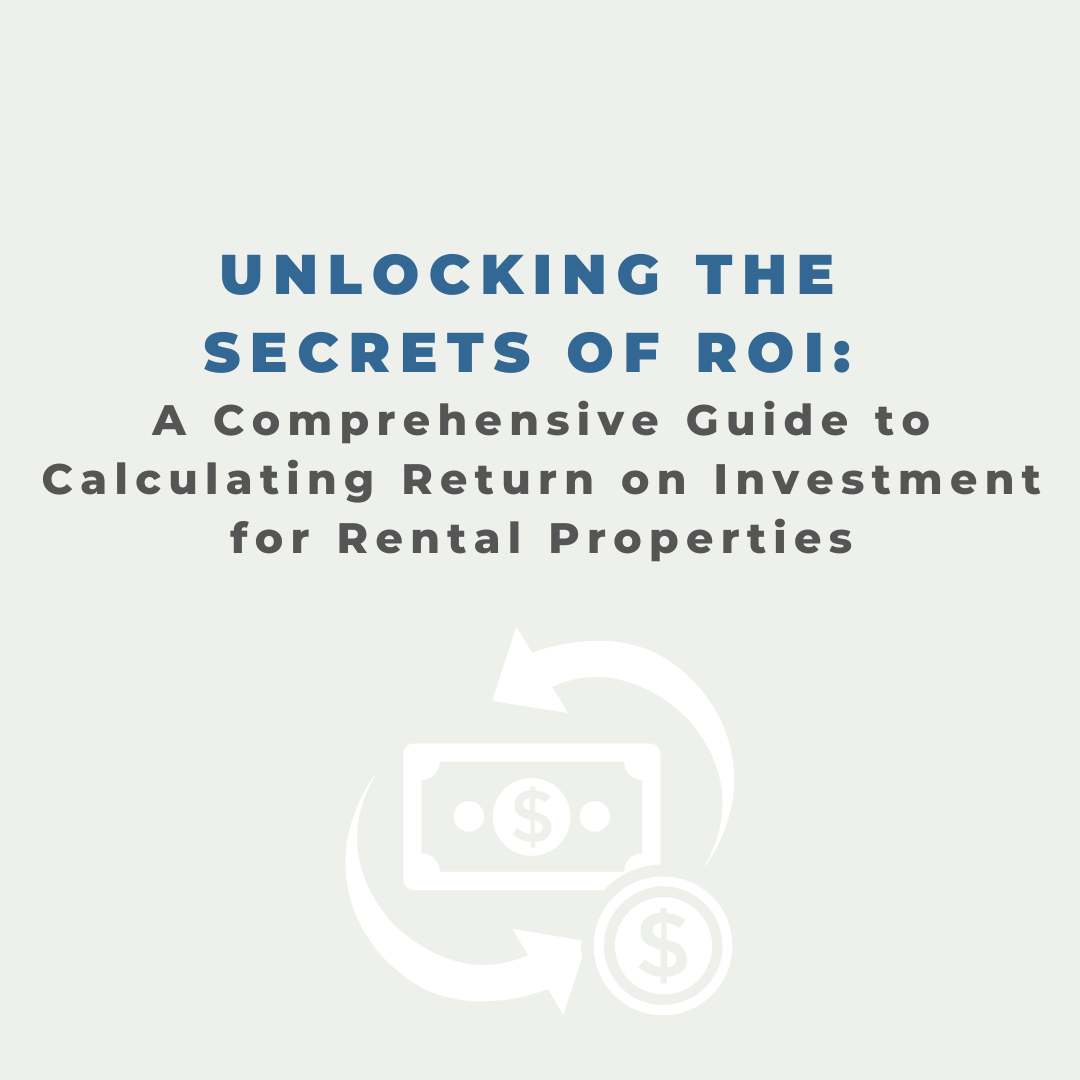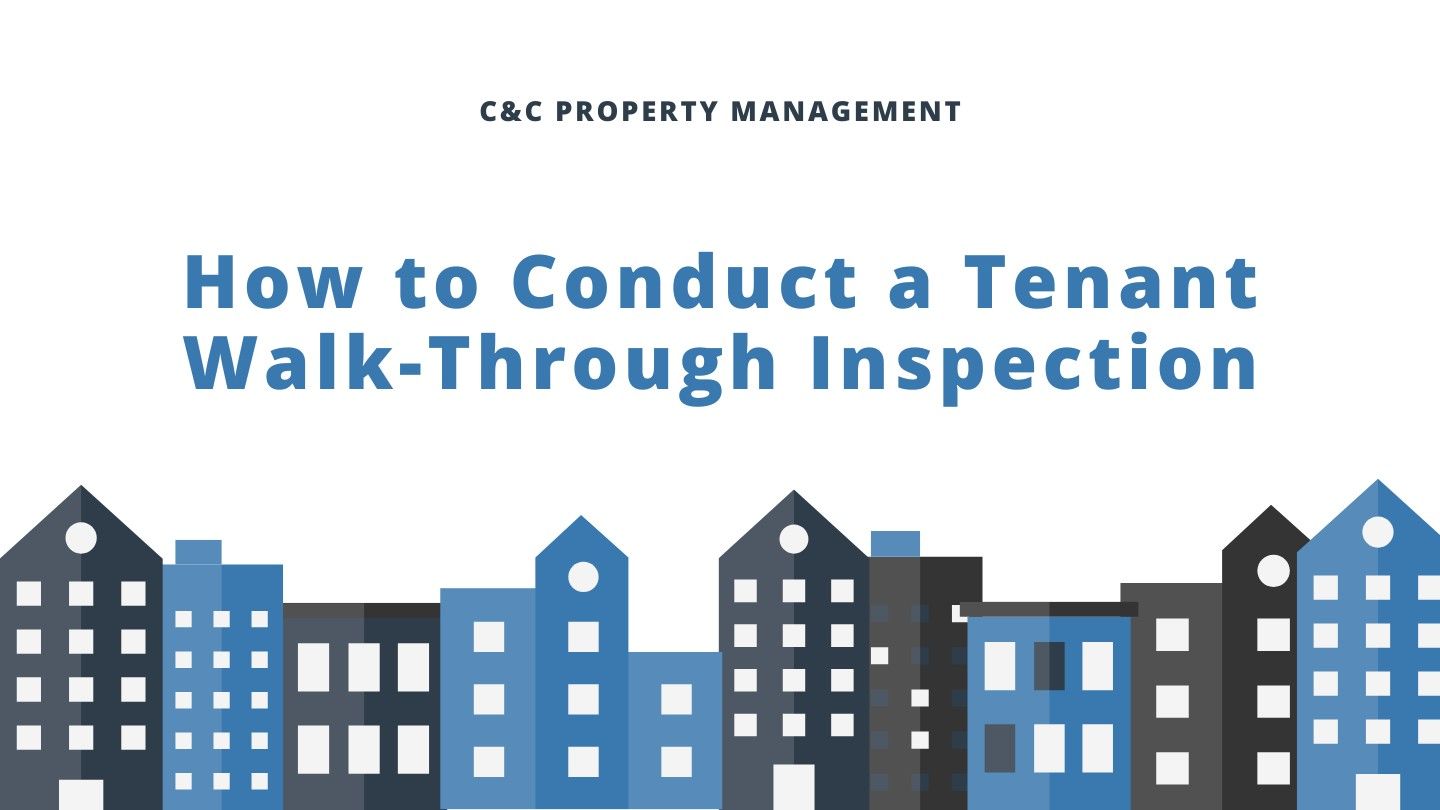Unlocking the Secrets of ROI: A Comprehensive Guide to Calculating Return on Investment for Rental Properties
Calculating the Return on Investment (ROI) on a rental property is essential for real estate investors to determine the profitability of their investments.

There are several methods to calculate ROI, including cash flow, cash-on-cash return, capitalization rate (cap rate), and appreciation.
In this article, we will discuss why calculating ROI on a rental property is important, and show you how and when to calculate each method.
First, let’s understand the importance of calculating ROI. Your ROI measures how efficient your investment is in generating returns, and helps you determine the profitability of your investment. Real estate investments offer several benefits, including monthly cash flow from rental income, multiple tax benefits, and appreciation. Accurately measuring ROI helps investors determine the total return on their investment.
Cash flow is calculated by subtracting total expenses from total monthly rental income. A “good” cash flow is considered to be $100-$200 per monthly unit, but this can vary based on the real estate investor’s expectations.
Cash-on-cash return is calculated as the percentage of your investment in net cash flow in a year, and is determined by dividing the annual cash flow by the initial out-of-pocket costs. A cash-on-cash return of 10.1% is considered average, but investors aim for a higher return, especially compared to the stock market's average returns of 6% to 7%.
Capitalization rate (cap rate) is calculated as the net operating income divided by the property's purchase price or market value. A higher cap rate indicates a higher potential return on investment, but also a higher level of risk.
Appreciation is calculated by the increase in property value over time. Real estate investors can enjoy long-term appreciation and make substantial returns on their investment, but it is a more indirect form of return.
In conclusion, calculating ROI on a rental property is crucial for real estate investors to determine the profitability of their investment. By understanding the various methods of calculating ROI, investors can make informed decisions and maximize their returns.








